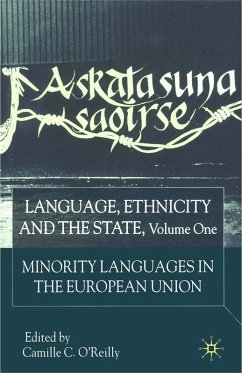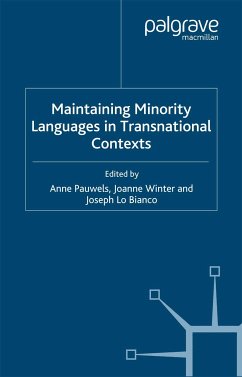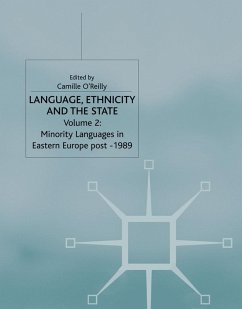Language allows human beings to act cooperatively, to plan and to remember. It is a prime factor in the constitution of social groups as well as a major barrier between groups. Language policy and planning is rarely just about language; it always has social, political and economic dimensions. This revised second edition is a comprehensive overview of why we speak the languages that we do. It covers language learning imposed by political and economic agendas as well as language choices entered into willingly for reasons of social mobility, economic advantage and group identity. The first part of the book reviews the development and role of standard languages in the construction of national communities and identities. The second section examines the linguistic accommodation necessary when groups come into contact, and charts why lingua francas rise and fall. There is speculation on the future of International English as other power centres develop. The third section explores reactions tonationalism and globalisation, with a discussion of language rights and the problems of language revitalisation.
Dieser Download kann aus rechtlichen Gründen nur mit Rechnungsadresse in A, B, BG, CY, CZ, D, DK, EW, E, FIN, F, GR, HR, H, IRL, I, LT, L, LR, M, NL, PL, P, R, S, SLO, SK ausgeliefert werden.









